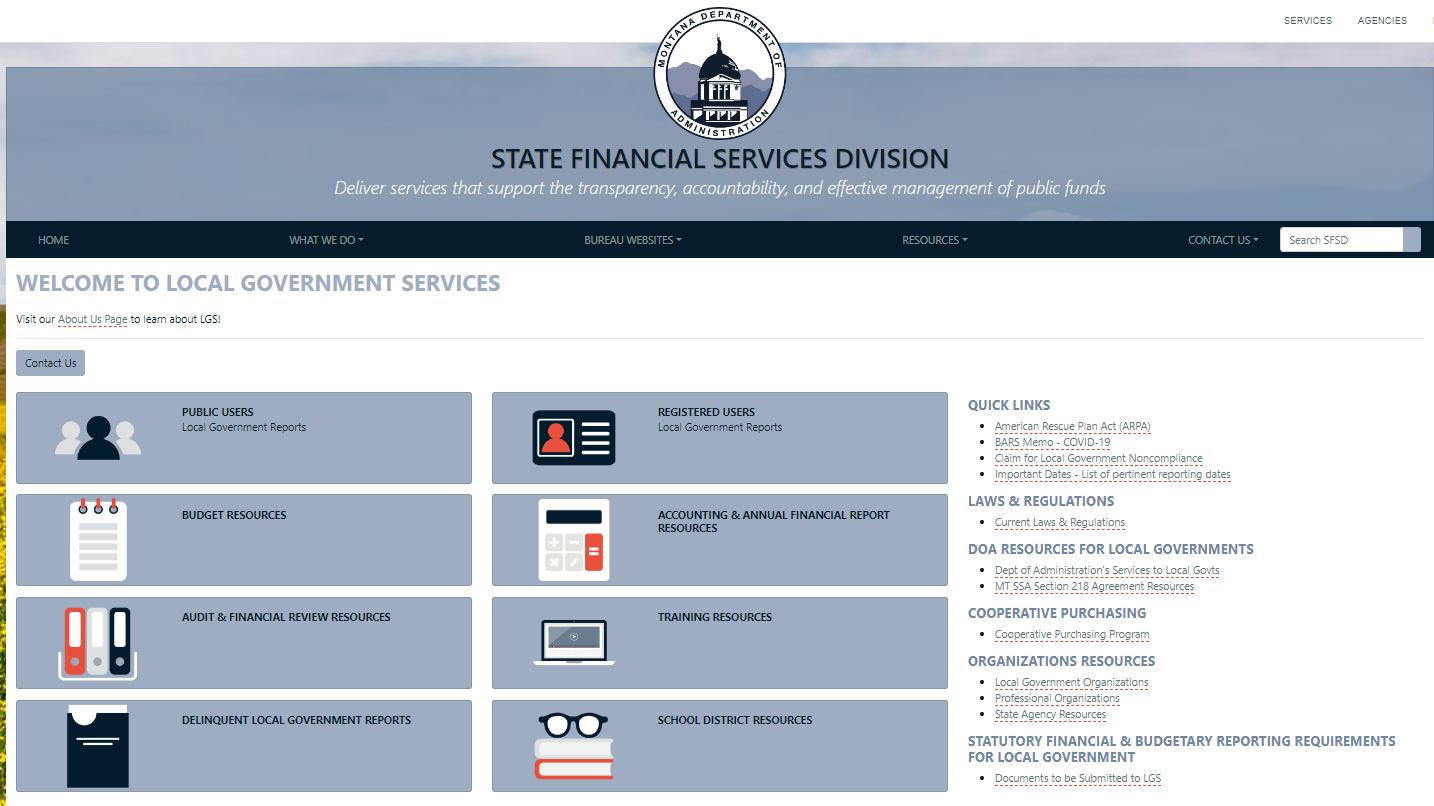Budget and Finance Terms
Review the terms in this glossary to help recall important concepts in the course.
You can print the whole glossary to keep as a resource for board meetings and meetings with local government officials.
A | B | C | D | E | F | G | H | I | J | K | L | M | N | O | P | Q | R | S | T | U | V | W | X | Y | Z | ALL
L |
|---|
Library Depreciation Reserve FundThe Library Depreciation Reserve Fund (LDRF) is a type of reserve fund especially for public libraries under Montana statute: 22-1-305. Library depreciation reserve fund authorized. The governing body of any city or county or a combination of city and county in Montana may establish a library depreciation reserve fund for the replacement and acquisition of property, capital improvements, and equipment necessary to maintain and improve city, county, or city-county library services. 22-1-306. Moneys for library depreciation reserve fund. Moneys for the library depreciation reserve fund are those funds which have been allocated to the library in any year but which have not been expended by the end of the year. Such moneys include but are not limited to city or county or city-county appropriations, federal revenue sharing funds, and public and private grants. 22-1-307. Investment of fund. The moneys held in the library depreciation reserve fund may be invested as provided by law. All interest earned on the fund must be credited to the library depreciation reserve fund. The library may want to establish a library depreciation reserve fund to pay for major repairs and upgrades. For more information please refer to the Library Depreciation Reserve Fund handbook on the MSL website. | |
Local Government Services BureauThe Montana Local Government Services Bureau is a division of the Montana Department of Administration.
Local Government Services (LGS) works with local governments (counties, cities & towns, school districts and special districts) to ensure uniform financial accountability, and to assist the local governments in complying with their statutory financial and budgetary reporting requirements, including provisions of the Montana Single Audit Act and the Local Government Budget Act. Local Government Services consists primarily of two sections:
| |
local revenueLocal governments can
tax properties to obtain revenue that is used for shared services. They can
also charge fees for some services. The most common example of a fee-based
service is water and sewer. Local governments can also go to the people to
request funding for bonds to pay for large capital projects or extra tax money
to pay for specific purposes like funding for a library.
| |
